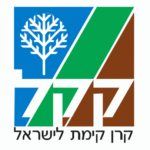Czech-Israeli workshop
Scope: Agro-informatics and Artificial Intelligence
Participants: Tomas Bata University in Zlín, Hebrew University in Jerusalem, Ben-Gurion University of the Negev
Place: Faculty of Applied Informatics, Nad Stráněmi 4511, 760 05, Zlín, Czech Republic, meeting room: 51-203.
Schedule:
Tuesday, May 9. 2023:
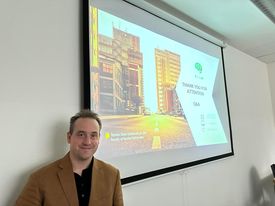
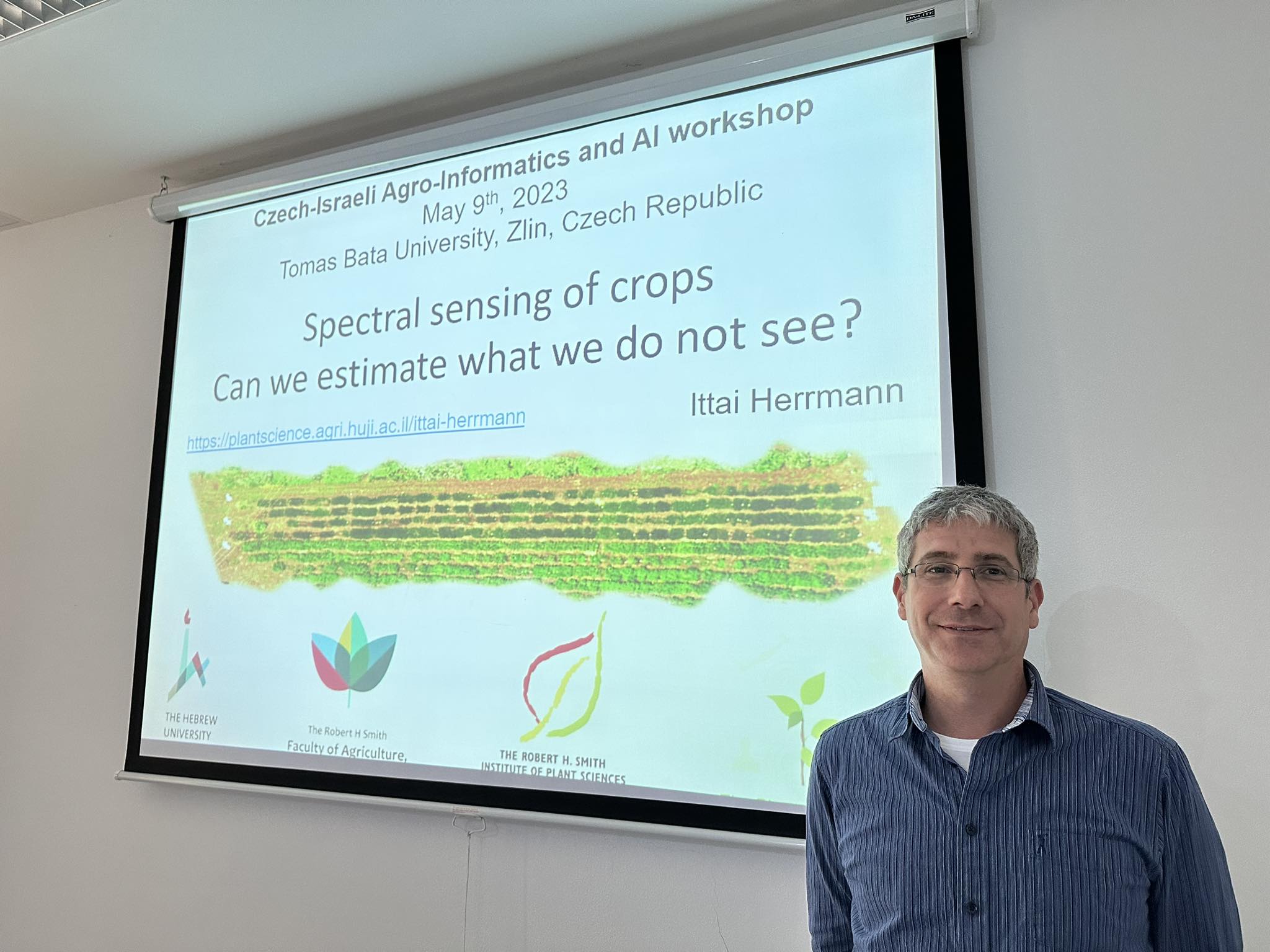
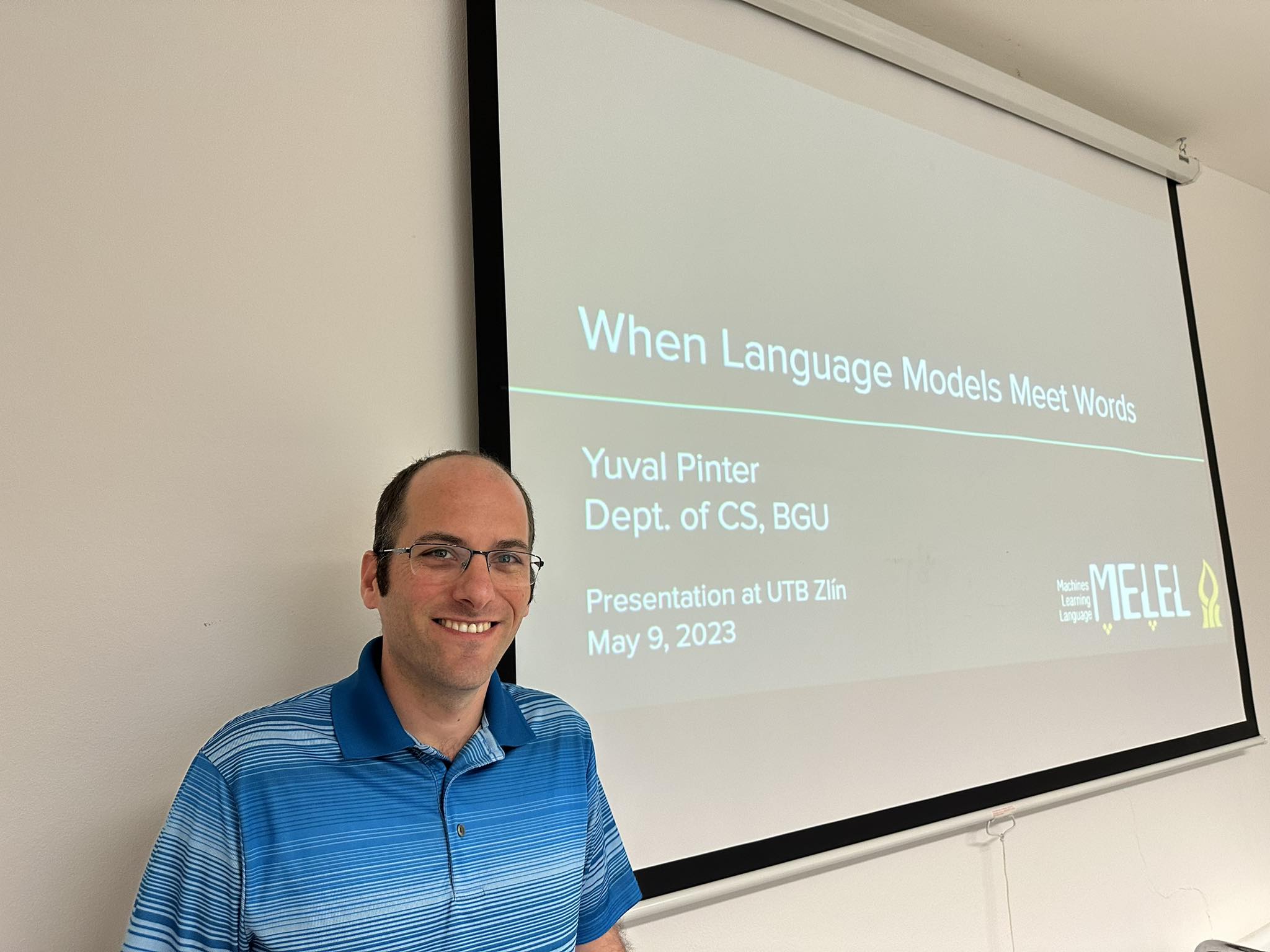
Wednesday, May 10. 2023:
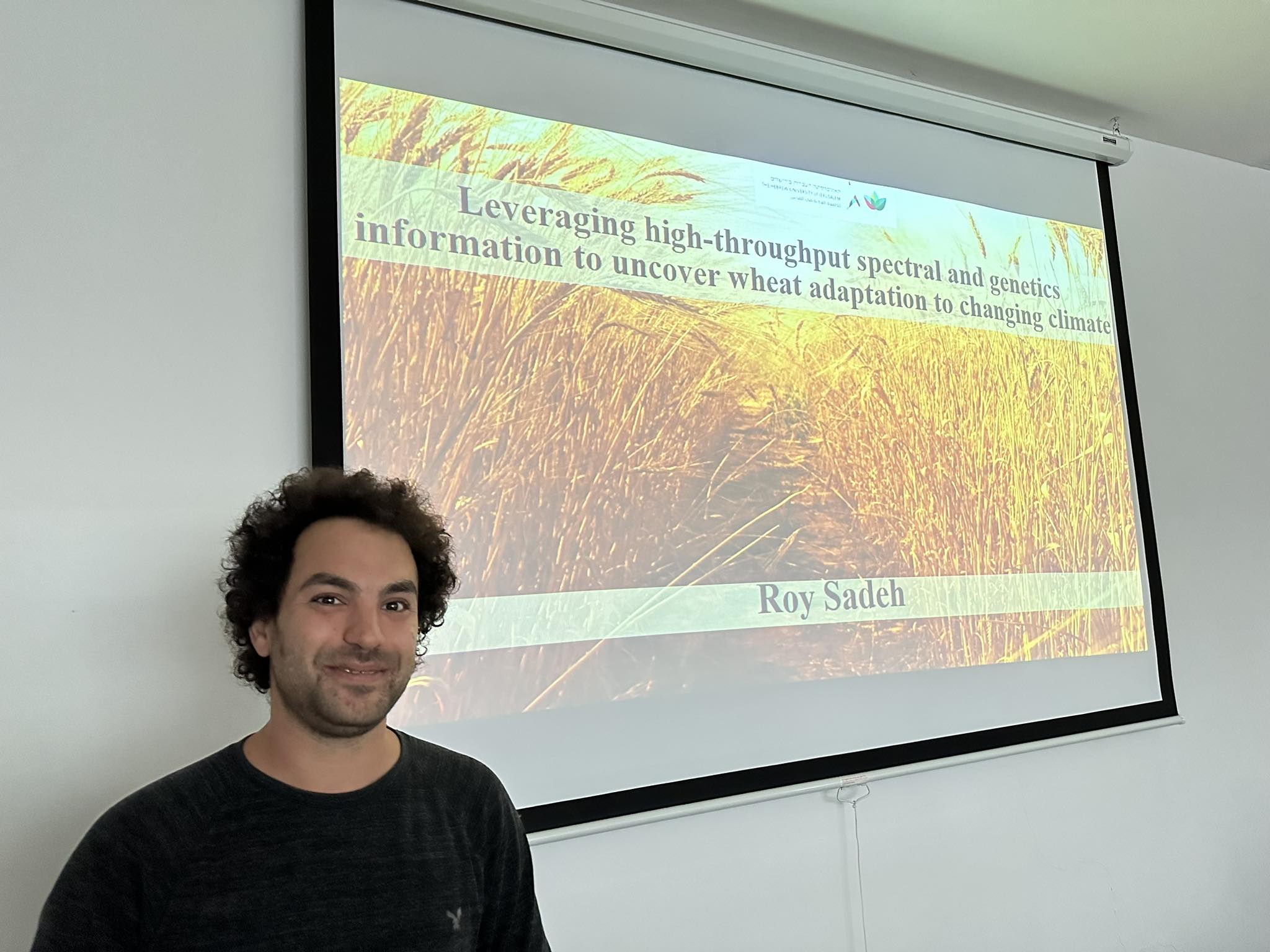
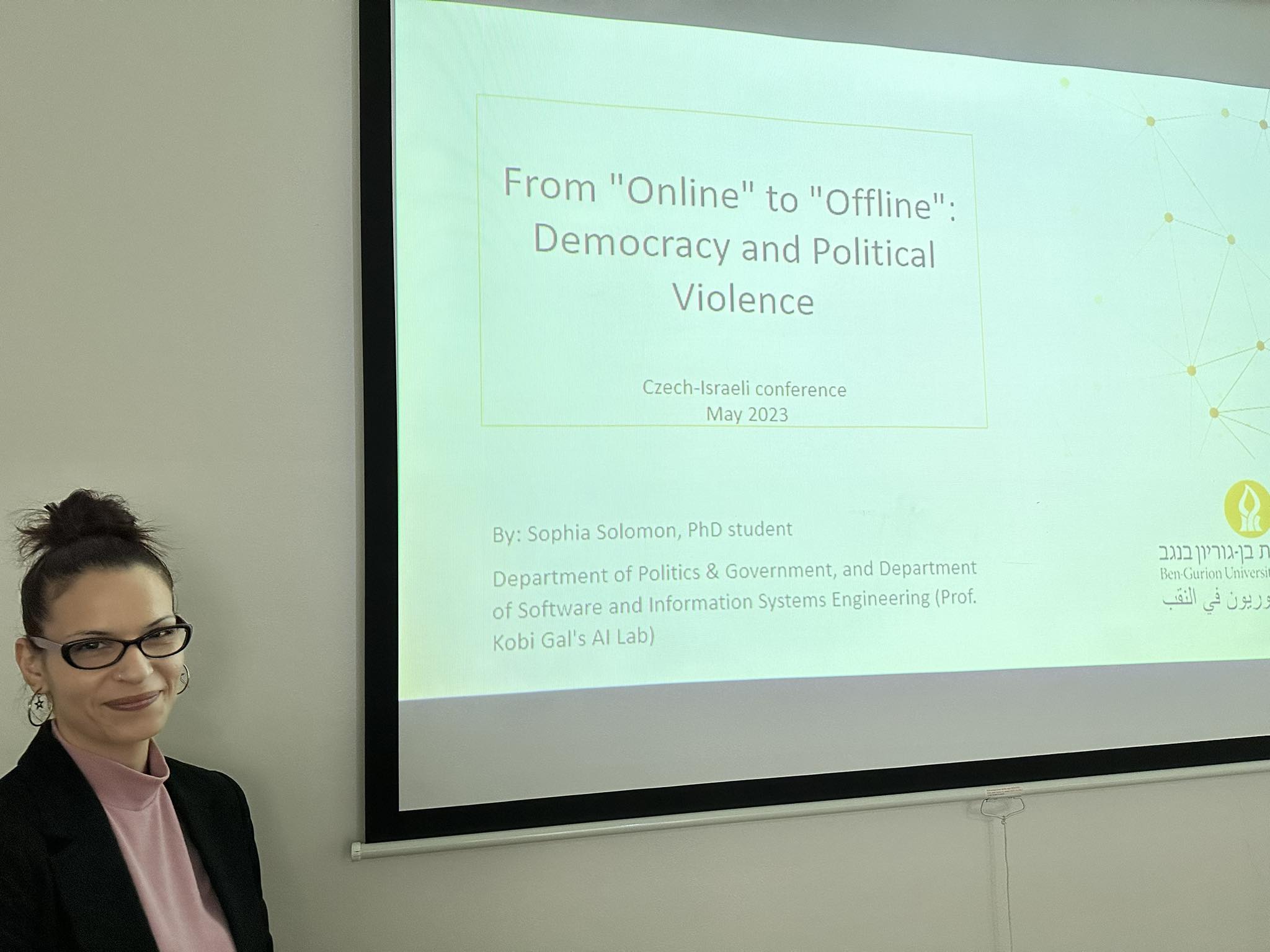
Collected abstracts:
Hebrew University in Jerusalem
Title: Spectral sensing of crops, can we estimate what we do not see? (Ittai Herrmann)
Abstract: Remote sensing in general and specifically spectral sensing use in agricultural research and applications is growing. Together with computational tools such as machine learning their role in improving agricultural productivity while minimizing the environmental footprint is far from fulfilling its potential. Crop traits can be estimated from ground, air, and space and together with additional data inputs support agricultural management as well as breeding projects.
Title: High-throughput spectral phenotyping promotes genomic detection of conferring wheat climate change adaptability (Roy Sadeh)
Abstract: My study aims to use spectral tools for wheat phenotyping under drought conditions and examine the potential of leveraging it with genomic data to improve genomic selection. We use UAV based septral sensors (i.e. hyperspectral and thermal) to phenotype a large collection of wheat varieties in a rainout shelter facility to mimic drought conditions alongside optimal conditions. Data collected on the reproductive stage enables us to identify cultivars more suitable to terminal drought conditions.
Title: Monitoring chickpea physiological traits by Sentinel-2 imagery (Omer Perach)
Abstract: The aim of the research is to assess the ability of Sentinel-2 to estimate in-field Chickpea physiological traits. The estimation of these traits is a step towards developing a tool for decision making in chickpea irrigation as a precision agriculture application. We use Sentinel-2 satellite imagery as a tool together with meteorological information to improve traits estimation.
Ben-Gurion University of the Negev
Title: When Language Models Meet Words (Yuval Pinter)
Abstract: Over the last few years, deep neural models have taken over the field of natural language processing (NLP), brandishing great improvements on many of its sequence-level tasks. But the end-to-end nature of these models makes it hard to figure out whether the way they represent individual words aligns with how language builds itself from the bottom up, or how lexical changes in register and domain can affect the untested aspects of such representations, or which phenomena can be modeled by units smaller than the word.
In this talk, I will present NYTWIT, a dataset created to challenge large language models (LLMs) at the lexical level, tasking them with identification of processes leading to the formation of novel English words, as well as with segmentation and recovery of the specific subclass of lexical blends, demonstrating the ways in which subword-tokenized LLMs fail to analyze them. I will then present XRayEmb, a method which alleviates the hardships of processing these novelties by fitting a character-level encoder to existing models’ subword tokenizers; and SaGe, a subword tokenizer that incorporates context into the vocabulary creation objective.
Title: Democracy and political violence: from online to offline (Sophia Salamon)
Abstract: My research deals with political violence that promotes a divisive discourse of “us” versus “them” based on ethno-religious, nationalist and racist perceptions. Throughout Critical Discourse analysis, I study the exploitation of democratic regime values, including the freedom of speech and association, to benefit extremism. Here, one of the key stakeholders in the digital space is social media. Among others, the ability to create, spread and reproduce false and incitive information, such as conspiracy theories, connects radical notions from the ‘online’ cyberspace with various acts of violence in the ‘offline’ public space. My recent study, which examined forms of violence in Jerusalem’s public parades over the past 20 years, showed far-right entities’ involvement in online and offline incitement against minorities and the counter-actions that emerged from civic society.
Title: Data-Driven Solutions for Trend Mining in Open Big Data: A Multi-Domain Approach (Tima Kagan)
Abstract: The rapid growth of global connectivity has marked the past three decades, and data is accumulating at an unprecedented rate, revolutionizing the world as never before. However, most of the data is unstructured and in its raw format is challenging to use to find insights and extract trends. That said, as data volume, variety, and velocity have increased, the opportunities for data science and data fusion have increased. Using various algorithms and fusing multiple data sources, data science can transform unstructured data into a new form to discover novel trends and solutions that would not have seen the light of day otherwise. In this talk, I will present how data-driven solutions can transform open data to find important trends that have significant societal benefits. Our research presents examples of diverse domains where open data can help discover trends in important issues utilizing a generic pipeline for transforming, fusing, and analyzing the data.
Tomas Bata University in Zlín
Title: Small object detection in high-resolution images (Alžběta Turečková)
Abstract: Small object detection in high-resolution images is an important task with many practical applications, including in fields such as medical imaging, remote sensing, and security and surveillance. Thanks to deep learning, there have been significant advances in general object detection. Still, small object detection, especially in high-resolution images, is a challenging and ongoing research topic in computer vision and machine learning. The talk summarizes some common approaches to alleviate this problem. Then I will introduce our new method and demonstrate it on tomato fruit detection in a greenhouse.
Title: Automated sorting of containerized seedlings of forest trees (Petr Chalupa, Jakub Novák)
Abstract: The basis of the containerized technology is the growing of seedlings in containers using air pruning. It brings several advantages compared to bare-root planting especially the almost lossless survival of containerized forest seedlings. Before dispatch from the nursery, the seedlings must be sorted into quality classes according to characteristics of the above-ground part (height of the seedling, diameter of the root collar, morphological structure). The traditional sorting performed manually by nursery staff did not meet current demands and was superseded by automated system which will be presented. A camera chamber which is the heart of the automated system was developed by our team at Tomas Bata University in Zlín – Faculty of Applied Informatics.
Prognostic Club of the Czech Management Association
Title: Global Trends 2040 (Bohumí Štědroň)
Abstract: The paper analyzes new trends in 3 areas: a) technological trends (quantum computers, 3D, artificial intelligence, etc.), b) economic forecasts (GDP development), c) political forecasts (islands, orbits and communities).
Partners

